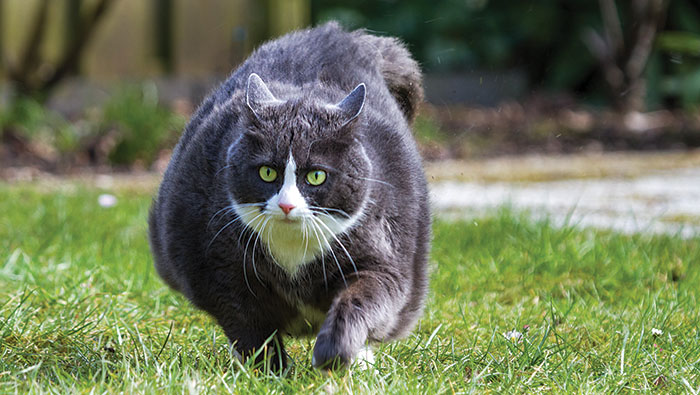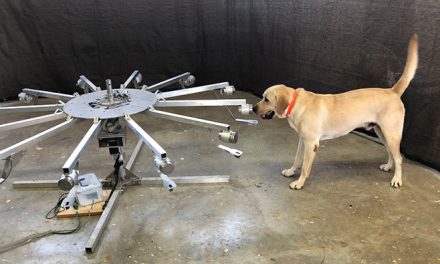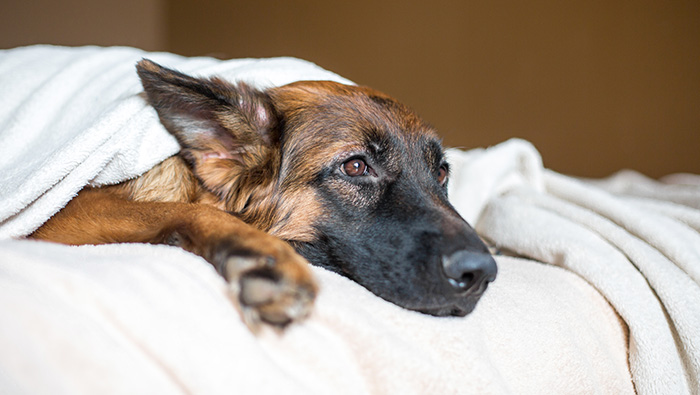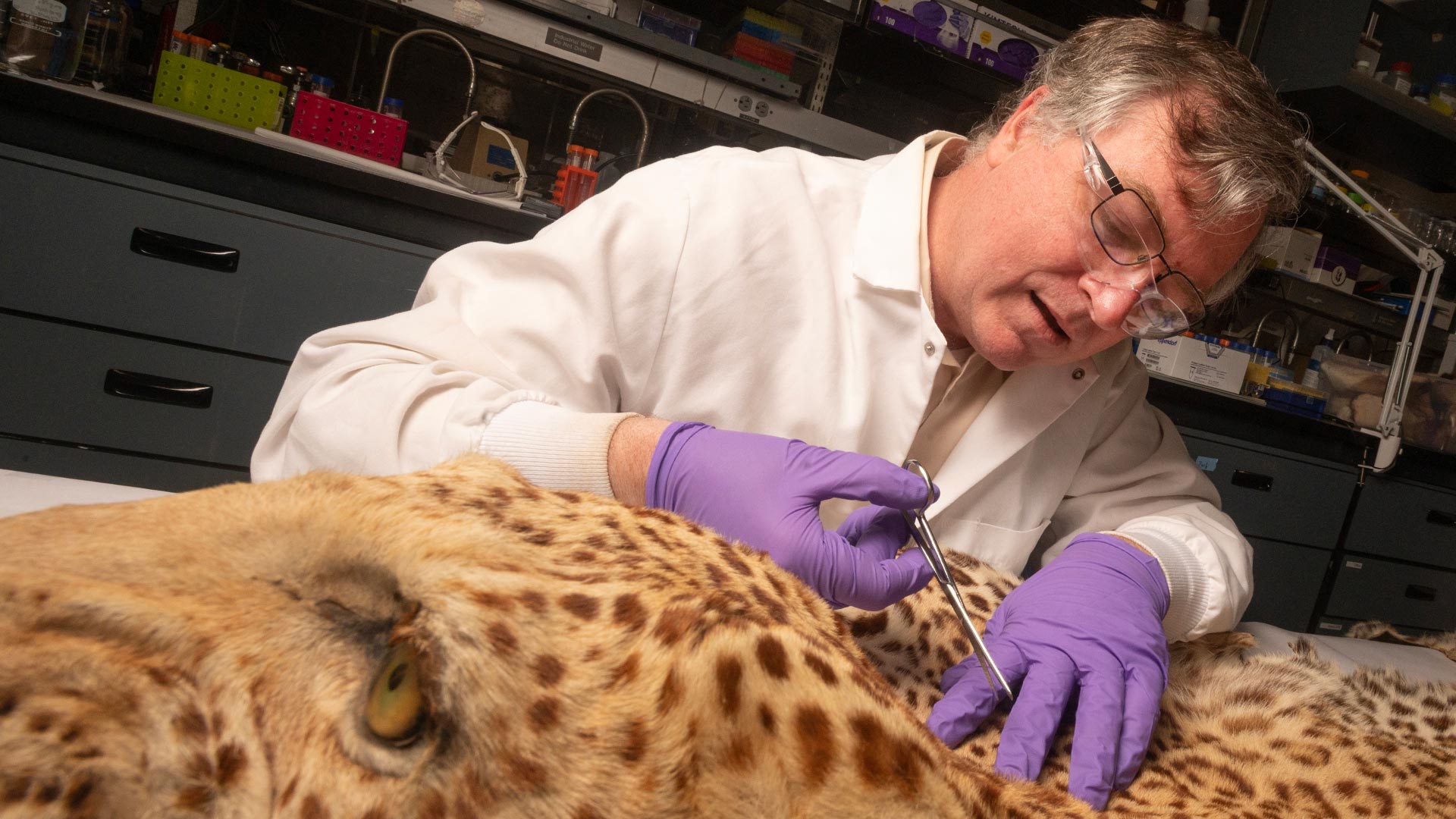
Veterinary Nutritionists Try to Curb Obesity in Cats
Fat cats can be a concern for owners and veterinarians alike. Almost 50 percent of pets are overweight or obese. “It’s one of the easiest problems to diagnose and one of the hardest to treat,” said Andrea Fascetti, a professor of nutrition at the UC Davis School of Veterinary Medicine. Overweight pets are at increased risk for developing diseases such as diabetes, as well as arthritis and breathing problems. Fascetti and other professors are researching several aspects of animal diets at the school’s Center for Companion Animal Health:
- A healthy diet for pets supports longevity and can minimize and prevent many health problems, including obesity. Through the Nutrition Support Service at UC Davis, board-certified nutritionists develop nutritional management plans specific to each pet’s needs.
- Studies in human medicine suggest probiotics produce changes in the gastrointestinal tract that affect appetite and food intake, and possibly alter hormones associated with obesity.
- Many veterinarians recommend putting cats on canned food diets because canned foods contain up to 80 percent water. The theory is that cats will feel fuller and reduce food intake.









